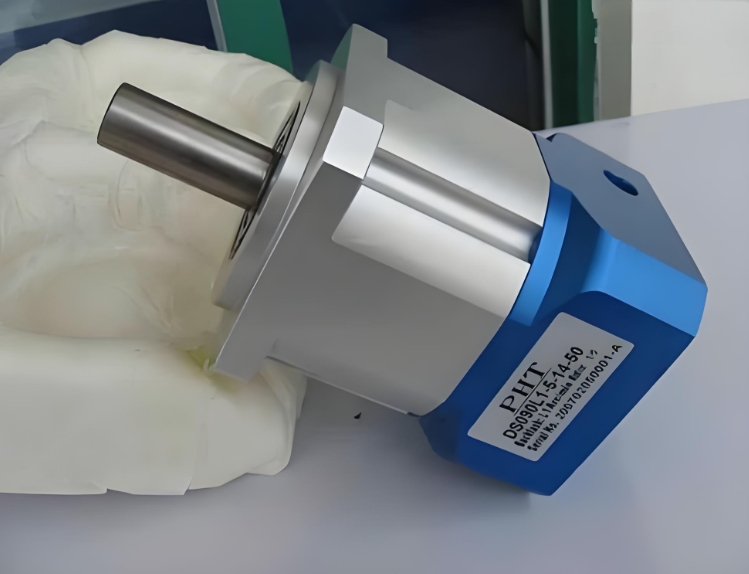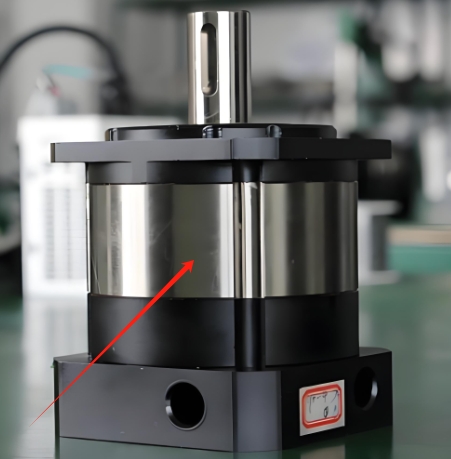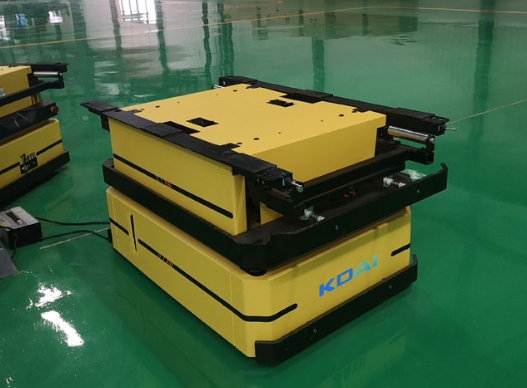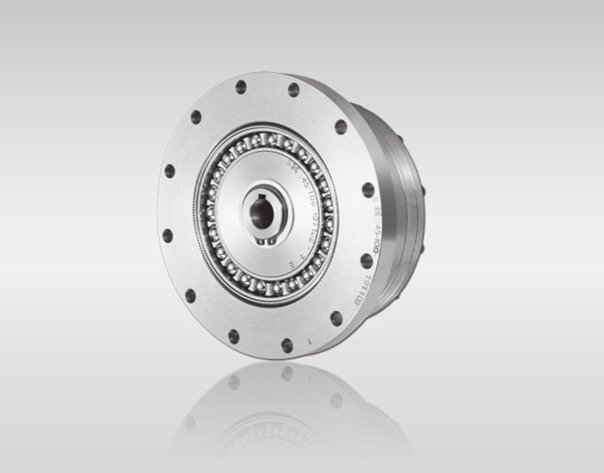
As the world moves towards sustainability and environmental consciousness, the concept of green manufacturing has become increasingly important. Green manufacturing aims to minimize environmental impact while maintaining productivity and efficiency. In this context, micro cycloid reducers have emerged as a key component in the drive towards more sustainable industrial practices. This article explores the role of micro cycloid reducers in green manufacturing, their contribution to energy efficiency, and their broader implications for the future of environmentally friendly production.
Energy Efficiency at the Core
Micro cycloid reducers are designed with energy efficiency in mind. Their compact and precise gear system ensures that energy transfer between components is optimized, reducing energy loss and waste. This is particularly important in industries where machinery operates continuously, as the cumulative energy savings from efficient reducers can significantly lower a facility's energy consumption.
The high torque output of micro cycloid reducers allows machinery to operate at lower speeds, which can lead to reduced energy usage compared to systems that require higher speeds to achieve the same output. By optimizing the balance between power and speed, these reducers enable manufacturers to meet their production goals while using less energy, contributing to the overall goal of green manufacturing.
Reduced Environmental Impact
Beyond energy efficiency, micro cycloid reducers also contribute to green manufacturing by reducing the environmental impact of industrial processes. The materials used in the construction of these reducers are often chosen for their durability and recyclability, ensuring that they have a lower environmental footprint over their lifecycle.
Furthermore, the sealed design of micro cycloid reducers reduces the need for frequent maintenance and lubrication, which can involve the use of chemicals that may be harmful to the environment. By minimizing the need for such materials, manufacturers can reduce their environmental impact and align their operations with green manufacturing principles.
Supporting Sustainable Production Practices
The application of micro cycloid reducers in machinery supports sustainable production practices by extending the life of equipment. The robust construction and low-wear operation of these reducers mean that machinery experiences less downtime due to maintenance or replacement of components. This not only increases overall productivity but also reduces waste generated by the disposal of broken or worn-out parts.
In addition, the precision control offered by micro cycloid reducers can lead to more efficient use of raw materials in manufacturing processes. By ensuring that machinery operates accurately and consistently, waste from overproduction or errors can be minimized, contributing to a more sustainable use of resources.
Future of Green Manufacturing with Micro Cycloid Reducers
As the push for green manufacturing continues, the role of micro cycloid reducers is likely to expand. Advances in material science and design could lead to even more efficient and environmentally friendly reducers in the future. These advancements may include the use of bio-based materials, improved recycling processes, and further reductions in energy consumption.
The integration of micro cycloid reducers into smart manufacturing systems could also play a significant role in green manufacturing. By connecting these reducers to sensors and control systems, manufacturers can monitor the performance of their machinery in real-time, optimizing energy use and reducing waste.
In conclusion, micro cycloid reducers are a vital component in the shift towards green manufacturing. Their energy-efficient operation, reduced environmental impact, and support for sustainable production practices make them an ideal choice for manufacturers committed to reducing their environmental footprint. As technology evolves, the potential for these reducers to contribute to a more sustainable future becomes even greater, positioning them as a key player in the ongoing journey towards greener manufacturing practices.
 English
English Deutsch
Deutsch Русский
Русский Español
Español

















Quote Now